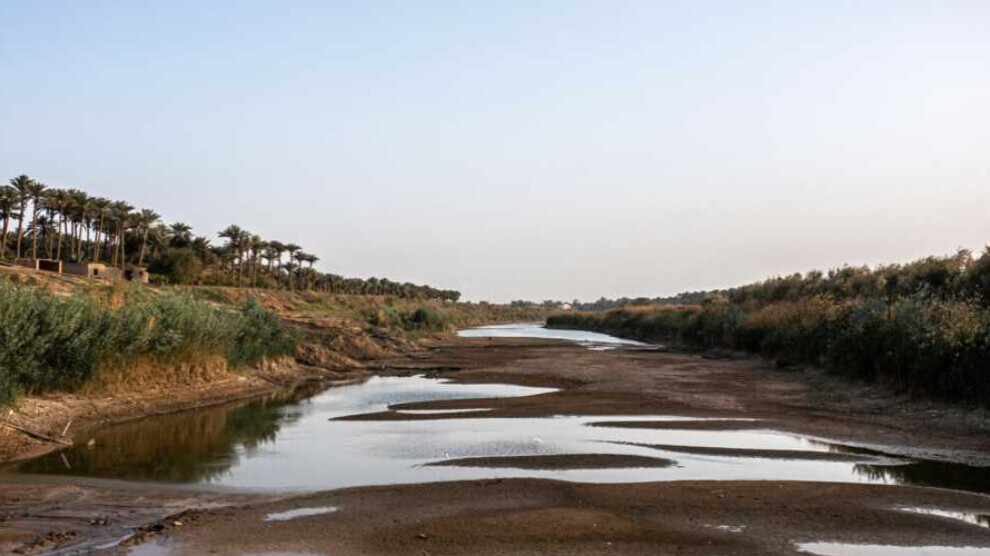Iraq's mighty river Tigris is drying up
It was the river that is said to have watered the biblical Garden of Eden and helped give birth to civilisation itself. But today the Tigris is dying, AFP reports.
It was the river that is said to have watered the biblical Garden of Eden and helped give birth to civilisation itself. But today the Tigris is dying, AFP reports.

The Tigris river is said to have watered the biblical Garden of Eden and helped give birth to civilisation itself. But today it is dying.Human activity and climate change have choked its once mighty flow through Iraq. The country may be oil-rich but it is plagued by poverty after decades of war and by droughts and desertification.
The Tigris, the lifeline connecting the storied cities of Mosul, Baghdad and Basra, has been choked by dams, most of them upstream in Turkey, and falling rainfall. An AFP video journalist travelled along the river's 1,500-kilometre (900-mile) course through Iraq, from the rugged Kurdish north to the Gulf in the south, to document the ecological disaster that is forcing people to change their ancient way of life.
The Tigris' journey through Iraq begins in the mountains of autonomous Kurdistan, near the borders of Turkey and Syria, where local people raise sheep and grow potatoes.
"Our life depends on the Tigris," said farmer Pibo Hassan Dolmassa, 41, wearing a dusty coat, in the town of Faysh Khabur. "All our work, our agriculture, depends on it.
"Before, the water was pouring in torrents," he said, but over the last two or three years "there is less water every day".
Iraq's government and Kurdish farmers accuse Turkey, where the Tigris has its source, of withholding water in its dams, dramatically reducing the flow into Iraq.
According to Iraqi official statistics, the level of the Tigris entering Iraq has dropped to just 35 percent of its average over the past century.
Baghdad regularly asks Ankara to release more water.
The World Bank warned last year that much of Iraq is likely to face a similar fate.
"By 2050 a temperature increase of one degree Celsius and a precipitation decrease of 10 percent would cause a 20 percent reduction of available freshwater," it said.
"Under these circumstances, nearly one third of the irrigated land in Iraq will have no water."
The International Organization for Migration said last month that "climate factors" had displaced more than 3,300 families in Iraq's central and southern areas in the first three months of this year.
"Climate migration is already a reality in Iraq," the IOM said.